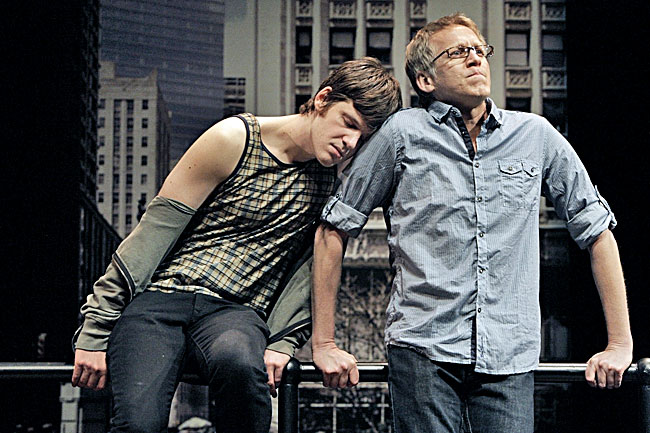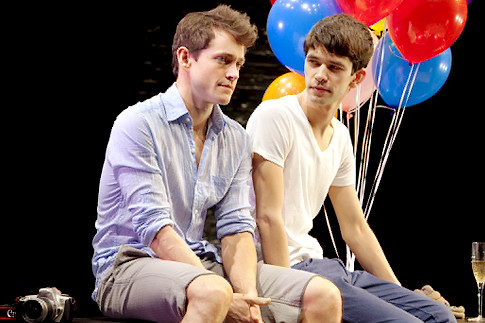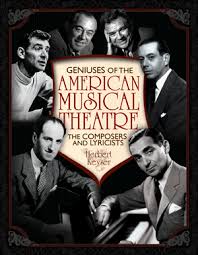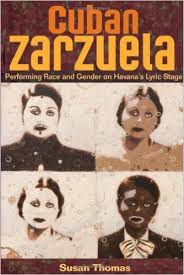PART OF a spate of gay-themed plays on the boards in New York this season, two from Off-Broadway present contrasting approaches to the recent history of same-sex male love. The Temperamentals by Jon Marans dramatizes early activism: the creation in Los Angeles of the Mattachine Society by Communist organizer Harry Hay and his then lover, costume designer Rudi Gernreich, and a small circle of friends. The story unfolds in the early 1950’s with America moving from the war years into the McCarthy Era. The Pride, on the other hand, a first play by Alexi Kaye Campbell, is a British import that views the gay present through the lens of the past. It features two different male couples in London in 1958 and 2008; each pair must come to terms with the personal price of gay relations. In 1958, the context is one of social repression; in 2008, one of sexual and social liberation.
More




